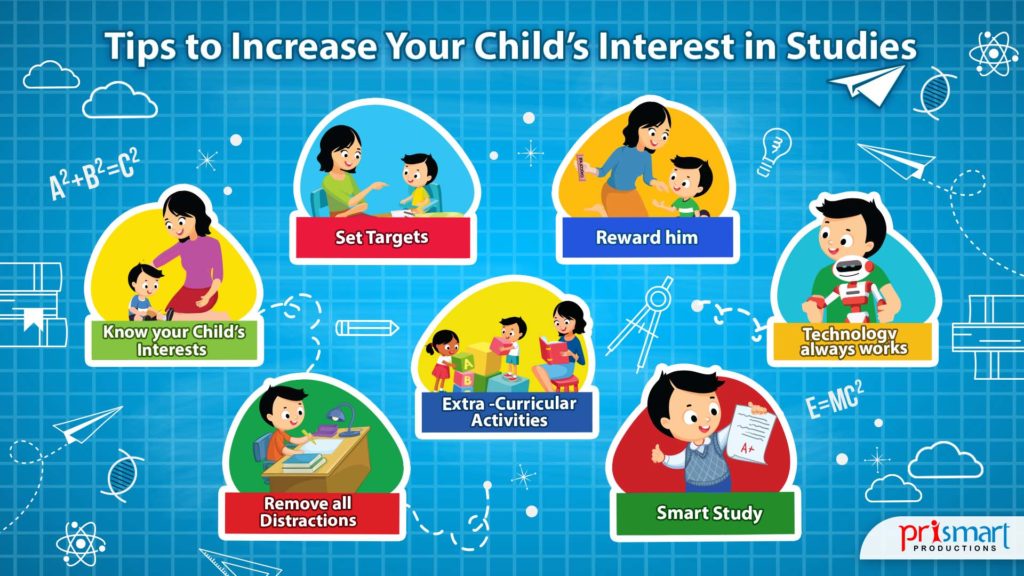populareducationtips or sexuality education is the process of acquiring information and forming attitudes and beliefs about sex, sexual identity, relationships and intimacy. It is also a term used to describe education about human sexual anatomy, sexual reproduction, sexual intercourse, reproductive health, emotional relations and other aspects of human sexual behavior. It is generally accept that young people have a right to be educate about sex.

This is because while growing up, they may be exposed to a wide range of attitudes and beliefs in relation to sex and sexuality. Some of the information available to these young people may sometimes be contradictory and confusing. The media for one may promote the idea that being sexually active makes one mature and confident. And on the other hand, some health messages always hammer on the adverse effects of having sex such as contracting a sexually transmitted infection, unwanted pregnancies etc. These differing opinions may lead to confusion amongst the populace. Sex education should therefore entail finding out what young people know about sex, adding to their existing knowledge. And correcting any misinformation they may have.

People get information about sex from different sources. It could be through the media, from friends, parents, schools and health institutions. It has formed part of the curricula in schools across the world. It is said to be formal or informal depending on its source. When the source is from a parent, friend, religious leader, from a casual conversation, or through the media. It is said to be informal. When offer by schools or health care providers it is referred to as formal.

The basic aim of sex populareducationtips is to reduce the risks of the negative outcomes from risky sexual behavior. It is a means through which the youths learn and adopt the right attitudes towards sex. It aims to inform people about the dangers of risky sexual behaviors which may lead to unwanted teenage pregnancies, contraction of a sexually transmitted infection such as HIV among other complications. It helps the youth to have a positive mindset about sex and their sexuality. It helps to improve relationships between young people. It also empowers the youth against sexual abuses.

Although it is generally accept that young people have a right to learn about sex. It remains a controversial issue in several countries particularly with regards to the age at which children should start receiving such populareducationtips. At what age would children be able to understand the concepts taught during sex education? Should it be delay until people are sexually active before they are expose to it? Or should it be taught to children in order for them to use the information later in life. When they might really need it? When taught at an early age does it encourage young people to have sex? People are concerned that providing information about sex and sexuality arouses curiosity and can lead to sexual experimentation.

Contrary to that, studies have shown that sexuality https://populareducationtips.com/ did not increase sexual activity. It either reduced sexual activity, or increased rates of condom use. it should therefore be provided to young people before the age of puberty. And upwards before they establish their patterns of behavior. The precise age should depend on the physical, emotional. And intellectual developments of the young people as well as their level of information.

More Stories
The Phenomenon of Fake Taxis: An Exploration of the Trend
라오스 여행: 숨겨진 보물 같은 매력을 찾아서
Understanding the Real Estate Market: Trends, Tips, and Future Prospects